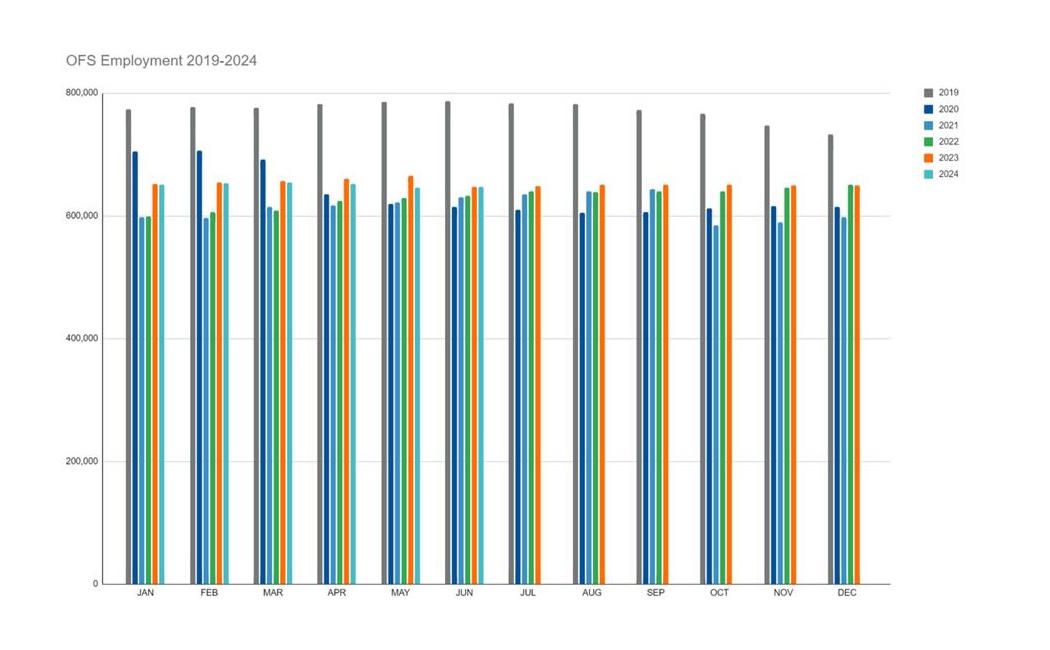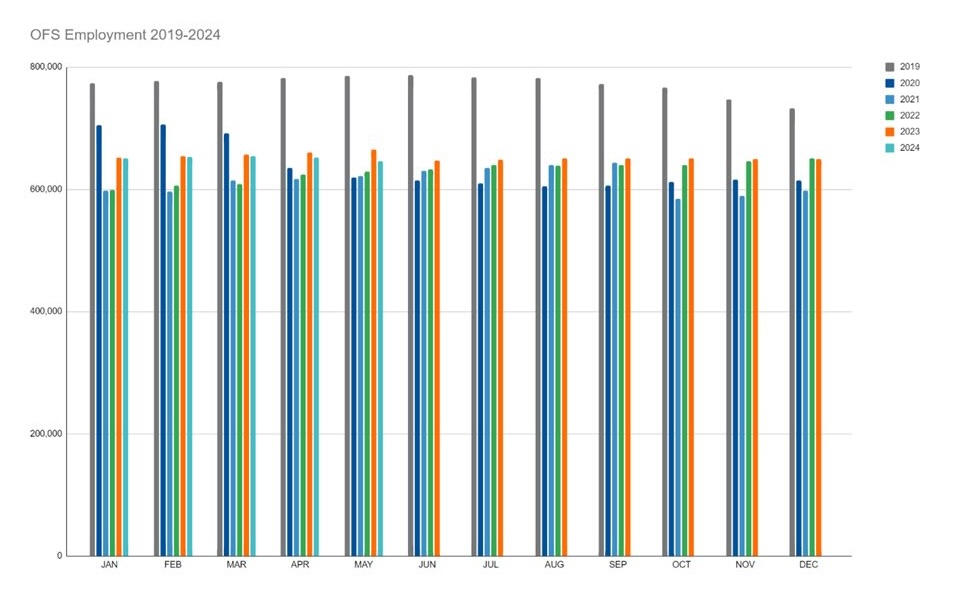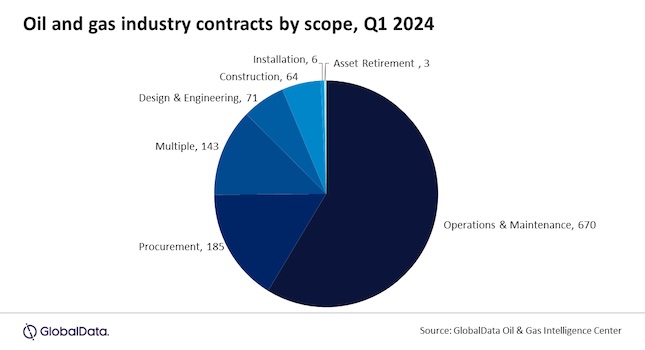The Pipeline and Hazardous Materials Safety Administration issued a stay on enforcement, applicable only to requirements for pipeline operator employee qualifications and training and for hazardous material carriers.
A federal safety agency is helping hazardous material transporters and pipeline operators prepare for the spread of COVID-19 by easing staff training and qualifications requirements.
The Pipeline and Hazardous Materials Safety Administration issued a stay on enforcement, applicable only to requirements for pipeline operator employee qualifications and training. The agency issued a second stay on enforcement on training requirements for hazardous material carriers.
The pipeline industry is preparing to operate with a workforce potentially reduced by illness or quarantines, said Bryn Karaus, who focuses on pipeline regulation in her position of counsel for Van Ness Feldman LLP in Washington, in a published report.
Qualified employees are required to conduct specific tasks, like inspecting pipelines for corrosion or leaks. During the pandemic, if training isn’t available, pipeline operators may have to substitute other employees, Karaus said.
The stay on pipeline operations enforcement eases requirements for:
- The minimum qualifications for employees who work on pipeline safety and operations
- The maximum number of hours control room employees, who monitor remote pipeline operations, are permitted to work
- Training for control room employees.
The agency is also refraining from taking enforcement action against hazardous material carriers who are unable to provide recurring training as required by federal regulations, it said Monday.
The stay on enforcement for hazardous material transporters comes “in response to unprecedented changes in business practices” related to the coronavirus. PHMSA’s policy is intended to minimize disruption in the supply chain, the notice said.
The March 20 stay eases requirements for pipeline operators’ employees to submit to random drug testing throughout the calendar year. During the pandemic, labs that process those tests may be overwhelmed by COVID-19 tests instead, Karaus said.
The Department of Transportation, which oversees PHMSA, issued guidance for regulated companies and its own staff Monday regarding drug testing. Federal employees may be able to get testing done at a later date, according to the guidance.
The stay doesn’t relieve pipeline operators of the responsibility to comply with other safety regulations. Operators must continue to use “trained, non-impaired workers” to maintain pipelines and carry out control room tasks, the agency’s memo said.
Pipeline operators who can’t comply with regulations because of the pandemic must explain their circumstances to the agency and describe the alternate safety precautions being taken.
This content originally appeared on ISSSource.com. ISSSource is a CFE Media content partner.



